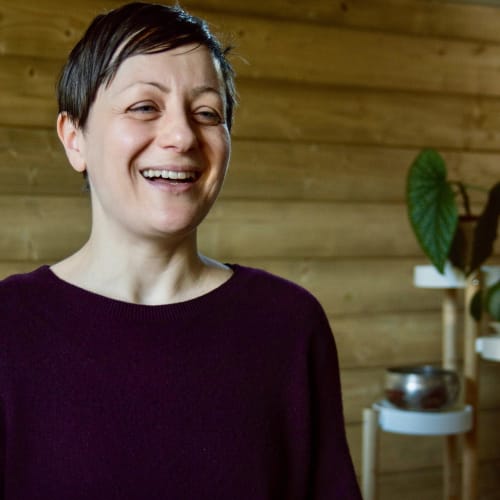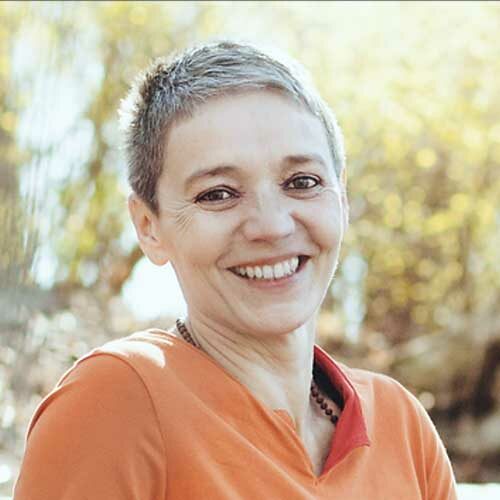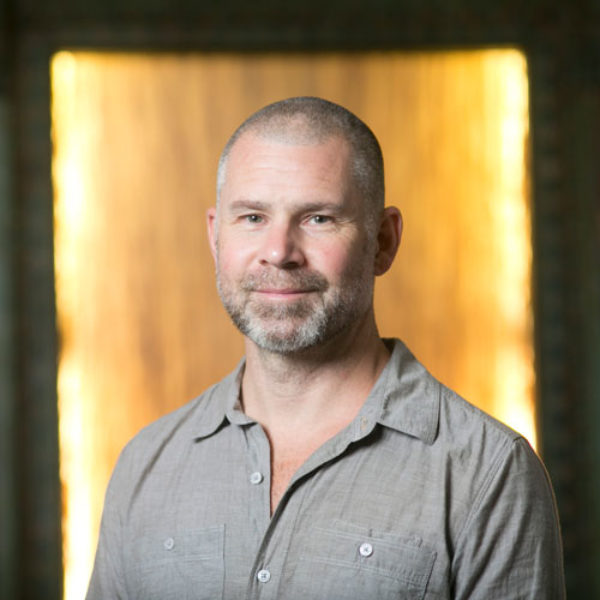The huge popularity of mindfulness is accompanied by a lot of confusion in relation to mindfulness in and of itself and how much it embodies the wider teachings of the Buddha. What is dharma? When, if and how is mindfulness the same as or different from dharma? This topic will be discussed in relation to the Fourth Foundation of Mindfulness in the Satipatthana sutta.
With Stephen Fulder recorded on October 28, 2018.
Found our teachings useful? Help us continue our work and support your teachers with a donation. Here’s how.
Discover more from the Dharma Library
-

The nature of experience. Part 1: Impermanence.
Recorded :
January 15, 2017 Today’s session is the first in a special run of three consecutive sessions with Martin, where he looks deeply at the nature of experience through Buddha’s profound descriptions of reality – Impermanence, Emptiness, Non self-existence. The classes point directly to how these themes can come alive in our practice and understanding, looking at the personal,…
-

Daily Meditation Recordings, with Milla Gregor – Week of 13 January, 2025
We’re delighted to have Milla Gregor guiding our Daily Meditation sessions this week. May they support and enrich your practice.
This week’s theme is: How to respond to an unjust burning world (without losing your mind)
Our Dharma Library thrives through collective generosity. Your donation helps sustain this offering for our entire community.
-

Daily Meditation Recordings, with Caverly Morgan – Week of April 13
We’re very grateful to have Caverly Morgan hosting our Daily Meditation Series for North America. To find out more about Caverly, and to view her past recordings and contributions to Sangha Live, click here. Monday, April 13 The refuge of presence Wednesday, April 15 Clear seeing: recognizing ourselves as that which doesn’t reject and doesn’t…
-

Death is Before Me Today
Recorded :
November 13, 2022 During this Sunday Sangha we will explore the peace of emptiness, the malleability of time and the loving care of oneself and all life.
-

Daily Meditation Recordings, with Wiebke Pausch – Week of November 20, 2023
This week’s topic is “May I be kind to myself”. May I be kind to myself – coming home to kindness and giving ourselves the love and care we need and deserve. What helps us to nurture this love – especially in the most challenging moments? We will explore how we can move towards more tenderness and open heartedness for ourselves and others.
-

Dharma, Sex, Intimacy and Covid
Recorded :
September 6, 2020 We are more physically isolated during these days of Covid. Less physical contact, less access even to each others smiles beneath the masks we wear to care for each others’ health. Contact and intimacy are deeply important to humans, and in this session Sangha Live founding and guiding teacher Martin Aylward explores different forms of…
-

Breath as the Subtle Energetic Bridge between Body, Heart/Mind: Re-wire, Re-connect and Renew
Recorded :
September 7, 2025 If we change our view of breath, imagining and feeling it as a soft breeze, gentle wind or carrier of Citta (heart/mind) we open to the capacity to guide it anywhere we like to in the body. Imagining breath anywhere, we sense its effects: relaxing contraction around physical pain making it more bearable, softening the…
-

Confidence in the Dhamma, Confidence in Yourself
Recorded :
March 24, 2019 As we attune to the truth of impermanence (anicca) the very preciousness of life itself begins to penetrate our awareness: the flowers will not last forever, our dear friends will come and go, those we love will grow old. Even how we chop our vegetables matters if we wan’t to be touched by the the…







Discussion